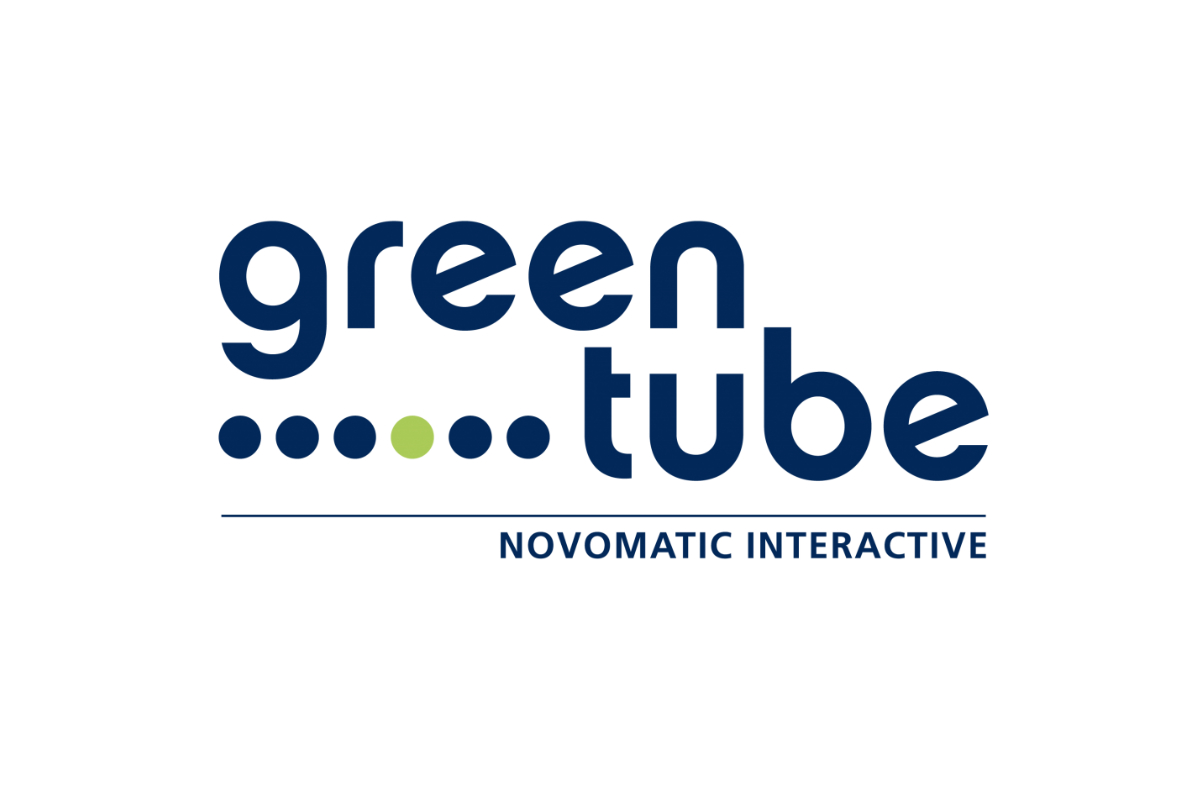News
Greentube granted G4 certification

Supplier marks Responsible Gambling Week with key accreditation
Greentube, the NOVOMATIC Interactive division, has marked Responsible Gambling Week by becoming the first Austrian supplier to receive Global Gambling Guidance Group (G4) certification, the world’s strictest international player protection standard.
The G4 award, which covers all business verticals of a gaming company, underscores Greentube’s commitment to responsible gambling and the effectiveness of its player protection measures. The certification extends across the NOVOMATIC group, recognising achievements as both an operator and supplier of terrestrial slot arcades and casinos, sports betting, as well as online gaming and technology development.
Greentube’s responsible gambling measures were tested against nearly 100 criteria by independent auditors, who analysed in-house guidelines and codes of conduct, staff training on addiction prevention, age identification and youth protection. The supplier was also tested on the information available to customers on the risks of gaming, self-limitation tools and self-blocking options as part of the voluntary process.
Its parent company, NOVOMATIC, is the only gaming technology group worldwide to have successfully undergone G4’s strict analysis on such a scale and across multiple business segments, with a total of ten top-performing subsidiaries in Austria, Germany, the UK and the Netherlands achieving the accreditation. According to G4, the vast majority of Group revenue and its 30,000 employees will be certified in the coming year as auditing of the remaining companies progresses.
Barbara Zemann, Corporate Responsibility & Sustainability Manager at Greentube, said: “Receiving G4 certification is a monumental achievement for Greentube and the wider NOVOMATIC Group. It recognises our dedication to ensuring that player protection runs through the core of the business and that our gaming technology adheres to the highest responsible gambling standards.
‚ÄúWe are very proud that we have adopted the ‚Äėresponsible entertainment first‚Äô mindset effectively at every level and been independently endorsed accordingly. The accreditation sends a clear message that we are committed to not only the continuous improvement of our games and products but to help players enjoy them safely.‚ÄĚ
The G4 certificate must be renewed annually by means of a re-certification process, with standards regularly updated to reflect the latest scientific findings.
-

 Africa6 days ago
Africa6 days agoNew Governing Board of the Gaming Commission of Ghana Sworn in
-

 Asia6 days ago
Asia6 days agoMacau Government Extends Lottery Concession of Macau Slot Until 5 June 2026
-

 Latest News6 days ago
Latest News6 days agoWeek 26/2025 slot games releases
-

 Latest News7 days ago
Latest News7 days agoDATA.BET Launches Bet Builder for Sports Betting
-

 Africa6 days ago
Africa6 days agoQTech Games hires Ekaterina Mayorova as sales lead for Africa & Eastern Europe
-

 Interviews7 days ago
Interviews7 days agoPortrait of a Fraudster Then and Now: How Scammers’ Habits and Tactics Are Changing
-

 Industry News6 days ago
Industry News6 days agoCHIPS confirmed as Clarion Gaming charity partner ahead of appearance at iGB Affiliate Awards
-

 Eastern Europe7 days ago
Eastern Europe7 days agoGGBET UA became the title sponsor of FC Dynamo Kyiv





















